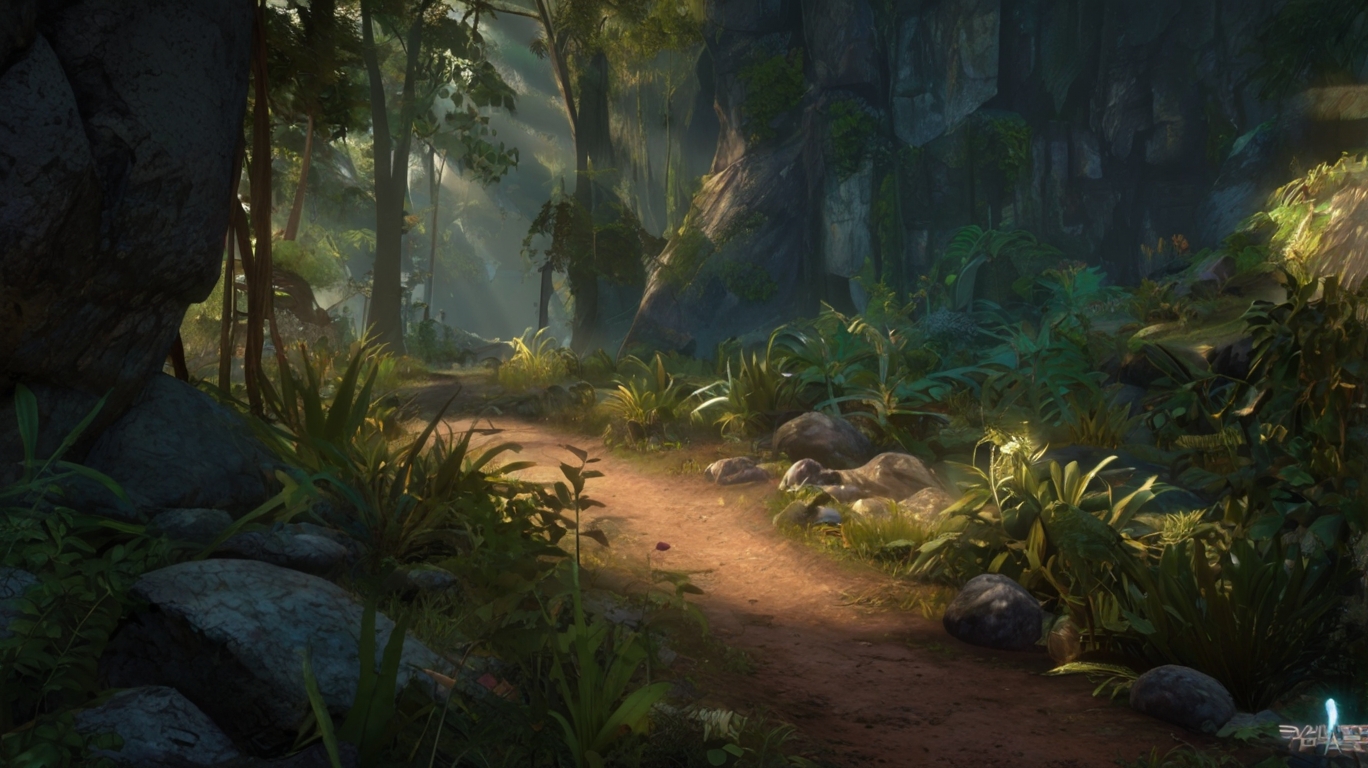
A project’s success in the fast-paced world of game development, where creativity and technology collide, depends greatly on its discovery phase. This first phase, though frequently disregarded or undervalued, establishes the groundwork for all subsequent phases, including concept development and launch. At Melior Games, we’ve discovered that devoting time and funds to the discovery stage not only expedites the development process. It also greatly improves the caliber and commercial viability of the finished product.
Understanding the Discovery Phase
Ideas are developed into concrete concepts during the discovery stage, also known as pre-production. It entails obtaining and evaluating data, comprehending the market, spotting possible obstacles, and coordinating the team’s objectives with the project’s objectives. Ensuring that everyone involved is in agreement and that the project is technically and creatively possible is the main goal.
Why the Discovery Phase Matters
Clarifying the Vision
A well-executed discovery phase helps to clarify the vision of the game. It’s the stage where ideas are refined, and the core concept of the game is defined. By the end of this phase, the development team should have a clear understanding of the game’s objectives, target audience, key features, and unique selling points. This clarity prevents costly changes and confusion later in the development process.
Market analysis and viability
Success in any game depends on having a solid understanding of the market. Thorough market research helps the team identify trends, competitors, and potential holes in the market during the discovery phase. This knowledge is crucial for creating a game that appeals to the intended demographic while also being unique. Furthermore, feasibility studies carried out at this stage aid in determining whether the game can be built within the allocated spending limit and time frame.
Risk Mitigation
There are risks associated with every game development project, whether they have to do with technology, design, or market acceptance. The time to recognize and evaluate these hazards is during the discovery phase. Early detection of possible problems allows the team to create mitigation plans, which lowers the risk of expensive delays or the necessity for major changes later in the process.
Defining Scope and Resources
Whether it has to do with design, technology, or consumer acceptance, there are risks associated with any game production endeavor. It is at the discovery phase that these hazards should be located and evaluated. The team can lessen the chance of expensive delays or the need for major changes later in the process by identifying such problems early and developing methods to mitigate them.
Building a Strong Foundation for Collaboration
Collaboration is essential to creating games; designers, developers, artists, marketers, and more are all involved. Through early alignment of all team members with the project vision and goals, the discovery phase promotes teamwork. Improved communication, streamlined processes, and a more unified end product are the results of this alignment.
Conclusion
At Melior Games, the discovery phase is the foundation for all successful projects, not just a first step in the process. Teams may make sure that their game is technically sound, ready for the market, and original in terms of both creativity and feasibility by investing time in this phase. The discovery phase is an investment that pays out in the form of better games, happy players, and successful debuts in a market where there is intense competition and huge stakes.
Whether you’re a seasoned developer or new to the industry, embracing this critical phase will set your project on the path to achieving its full potential.




